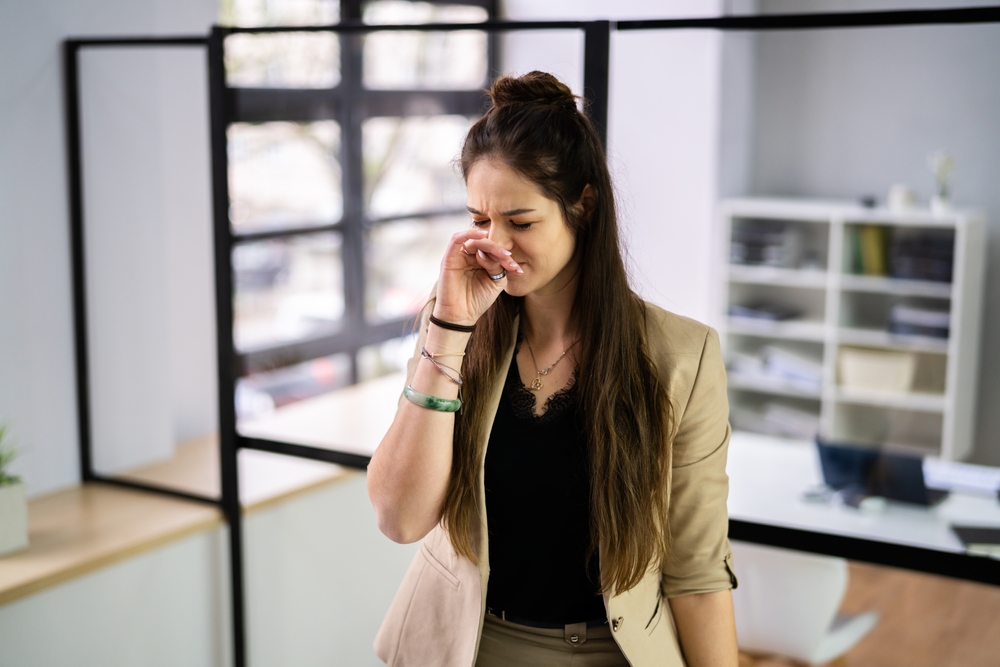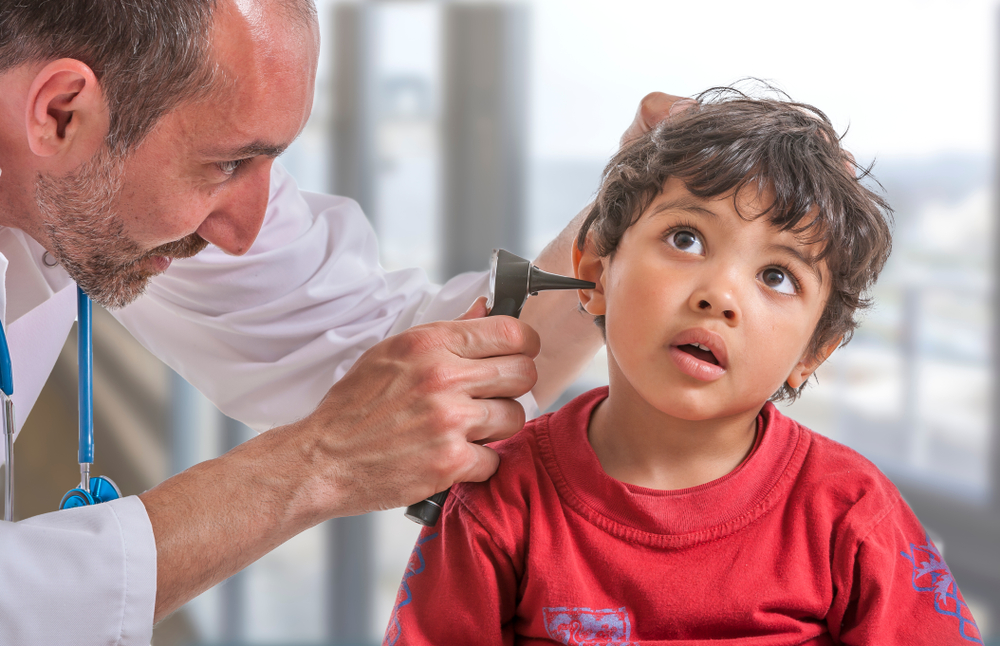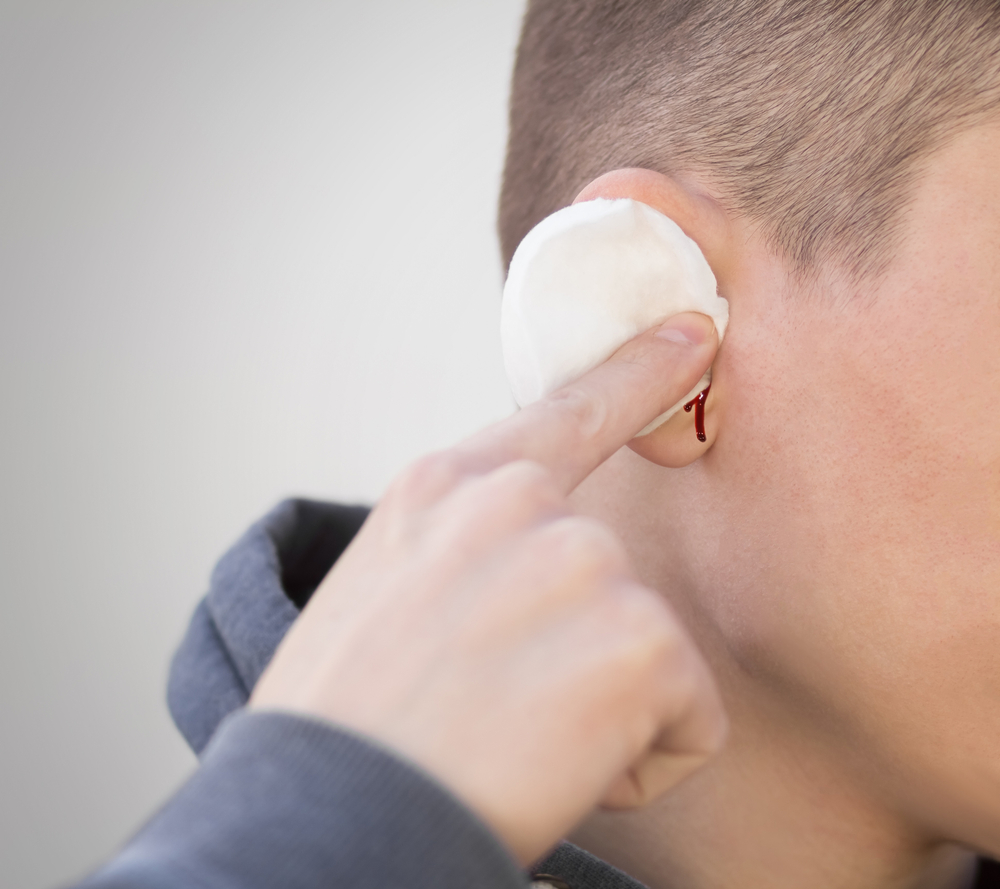The sense of smell is a crucial, yet often overlooked, part of daily life. It influences everything from the enjoyment of food to detecting hazards such as gas leaks or fire. The loss of smell, also known as anosmia (complete loss) or hyposmia (partial loss), is a common condition that can have a significant impact on an individual’s health and quality of life. Smell disorders affect a large number of individuals each year, and understanding the causes is key to finding the right treatment.
How the sense of smell works
To fully understand the reasons behind smell loss, it’s important to know how the nose and olfactory system function. When we inhale, airborne molecules are captured by olfactory receptors located in the nasal cavity. These receptors send signals to the brain, where they are interpreted as different smells. If these receptors become damaged or obstructed due to congestion, injury, or other factors, it can interfere with the brain’s ability to process these signals, leading to a reduction or loss of the sense of smell.
What are the primary causes of smell loss?
Smell disorders are typically caused by conditions that block or affect the nasal passages, and these conditions can range from mild to more complex. The most common causes include:
- Respiratory Infections (Colds and Flu): Colds and the flu are some of the most frequent culprits behind temporary smell loss. The congestion and inflammation they cause can prevent molecules from reaching the olfactory receptors, leading to a temporary reduction in smell. Once the infection resolves, normal olfactory function typically returns.
- Seasonal and Chronic Allergies: Allergies to pollen, dust, or pet dander can result in swollen nasal passages, which may reduce airflow and block the olfactory receptors. This is particularly common in individuals with chronic rhinitis or seasonal allergies.
- Sinus Infections and Sinusitis: Sinus infections, especially chronic sinusitis, can cause inflammation in the sinuses and nasal passages, leading to a blockage in the airflow and a loss of the sense of smell. Persistent sinus infections may require medical treatment for relief.
- Nonallergic Rhinitis: This condition involves inflammation of the nasal passages without an allergic trigger. Factors like irritants in the air, certain medications, or hormonal changes can contribute to nonallergic rhinitis, leading to nasal congestion and impaired smell.
- COVID-19 and Viral Infections: One of the more recent and widespread causes of smell loss is COVID-19, which has been known to cause anosmia or hyposmia in a significant number of individuals. Unlike typical cold symptoms, COVID-19-induced smell loss can occur without nasal congestion. While smell loss due to COVID-19 may be temporary, some individuals experience longer-lasting effects.
Less common, but important causes of smell loss
In addition to the more common reasons listed above, there are several less frequent causes that can lead to a diminished or lost sense of smell:
- Trauma or Injury to the Nose: Any injury to the nasal structure, such as a broken nose or damage to the olfactory nerves, can disrupt the smell process. This type of injury can cause either temporary or permanent anosmia depending on the severity of the trauma.
- Nasal Polyps: These are benign growths in the nasal passages that can block airflow and interfere with the normal function of olfactory receptors. While polyps are treatable, they can cause long-term smell loss if left unaddressed.
- Aging and Degenerative Changes: As we get older, the olfactory system tends to decline, much like our other senses. This natural aging process, known as presbyosmia, can lead to a reduced ability to smell, though it typically happens gradually.
- Chemical Exposure: Prolonged exposure to toxic chemicals or environmental pollutants, such as fumes from strong cleaning agents, pesticides, or solvents, can damage the olfactory system and lead to smell disorders.
When should you see an ENT specialist?
Most cases of smell loss related to colds, allergies, or sinus infections are temporary and resolve on their own. However, if your sense of smell doesn’t return to normal after the illness subsides, or if the loss of smell occurs suddenly and without explanation, it is important to consult an ENT (ear, nose, and throat) specialist.
An ENT specialist can perform a comprehensive evaluation to determine the underlying cause of the disorder and develop an appropriate treatment plan.
What are treatment options for smell loss?
Treatment for smell disorders is highly individualized and depends on the root cause. Here are some common approaches:
- For Temporary Conditions: If smell loss is caused by a cold, flu, or mild sinus infection, treatments like nasal decongestants, saline sprays, or antihistamines can help alleviate congestion and restore the sense of smell as the underlying condition resolves.
- For Chronic Conditions: In cases involving chronic sinusitis or nasal polyps, treatments may include steroid nasal sprays, antibiotics, or even surgical procedures to remove polyps and clear blocked sinuses.
- For Injury or Trauma: If smell loss is due to injury, treatments may involve surgery or physical therapy to repair damage to the olfactory nerves or nasal passages.
- For Chemical Exposure: Reducing exposure to harmful chemicals or irritants is essential in preventing further damage to the olfactory system. In some cases, rehabilitation therapies may be recommended to help regain the sense of smell.
Preventative measures and lifestyle adjustments
Maintaining a healthy lifestyle can also help prevent smell loss or reduce its impact. Some helpful tips include:
- Avoiding Harmful Irritants: Limit exposure to smoke, strong chemicals, or pollutants that can damage the nasal lining and olfactory receptors.
- Proper Nasal Care: Regularly using a saline nasal spray or nasal rinse can help clear congestion and maintain healthy nasal passages.
- Managing Allergies Proactively: Taking steps to manage allergies, such as using antihistamines and air purifiers, can help keep nasal passages clear and reduce the risk of smell loss.
Taking action to regain your sense of smell
Whether caused by common conditions like allergies or more complex issues like nasal trauma, loss of smell can significantly affect your life. It’s important to address the issue early on to prevent further complications and ensure you receive the proper treatment. With timely intervention, many individuals can regain their sense of smell and improve their overall quality of life.
If you’re struggling with a loss of smell, consulting an ENT specialist in your area can help identify the cause and guide you toward an effective treatment plan.



